Law vs. justice: What is our duty in society? | James Stoner | Big Think
Description
Law vs. justice: What is our duty in society?
New videos DAILY: https://bigth.ink/youtube
Join Big Think Edge for exclusive videos: https://bigth.ink/Edge
----------------------------------------------------------------------------------
Can you divorce the rule of law from the virtue of justice? Immanuel Kant said the perfect constitution would work even among a nation of devils, provided they were intelligent devils.
Professor James Stoner thinks the opposite is true. The right punishments don't lead people to behave well, we are also guided to make morally good decisions by our conscience—by our internal sense of justice.
The ability of all people to pursue their own good is itself a kind of common good of a liberal society.
----------------------------------------------------------------------------------
JAMES STONER
James R. Stoner, Jr. is Hermann Moyse, Jr., Professor and Director of the Eric Voegelin Institute at Louisiana State University. He wrote Common-Law Liberty (2003) and Common Law and Liberal Theory (1992) and co-edited The Political Thought of the Civil War (2018) and three other books. His A.B. is from Middlebury and his Ph.D. from Harvard.
----------------------------------------------------------------------------------
Transcript: I think the rule of law only works in the end among people who have a sense of justice, in other words that you can’t divorce the rule of law from the virtue of justice. That doesn’t mean that people aren’t allowed to pursue their own interests in the marketplace. Actually, it’s just for people to be able to pursue their own interests and to a large extent to pursue the good as they understand it. Actually, that’s almost the definition of conscience is to be able to act according to the law but according to your own judgment of what the circumstances require, you, who know those circumstances and everything about them because you’re a human being you can make those judgments. That’s a specifically human capacity something the robots can’t do and the algorithms for Pete’s sake certainly don’t do. But the question is whether you can have the rule of law without conscience, without people having consciences, without people having the virtue of justice? And I guess I think you can’t really.
Immanuel Kant said, “The perfect constitution would work even among a nation of devils provided they were intelligent devils.” If you had all the right punishments you could lead people just out of their own interests never to do anything wrong if you could calibrate it in that way. But I think the overwhelming evidence is the other way on that one, people are clever enough, maybe I should say human sinfulness is fertile enough that people will always figure out a way around any law. The virtue of justice it has to be there in judges, it has to be there in juries, but if it has to be there in juries it has to be there in society generally. And I think that our sense that the law can be only something external to us rules that just hedge us in in certain ways and don’t care about our internal life in any sort of way, don’t care whether we’re just or unjust in our souls, in ourselves, I think that’s a tremendous threat to the rule of law. So, it's a kind of paradox and the best of the classical liberals really understood this, that part of the game of classical liberalism is to make the rules a little more external, to give us a little bit more room to pursue the good as we understand it or as we see it. But that, I think, can never go so far as not to be concerned that we ourselves or that everyone who is a player in that game has a basic sense of justice, has a sense that there's a duty, a duty and conscience, to obey the just rules that are made for the sake of the common good of everyone. The ability of all people to pursue their own good is itself a kind of common good of a liberal society. It's something that we share and something that, of course, we have to sacrifice a little bit for in order to have the real benefits of.
----------------------------------------------------------------------------------
ABOUT BIG THINK:
Smarter Faster™
Big Think is the leading source of expert-driven, actionable, educational content -- with thousands of videos, featuring experts ranging from Bill Clinton to Bill Nye, we help you get smarter, faster. Ssubscribe to learn from top minds like these daily. Get actionable lessons from the world’s greatest thinkers & doers. Our experts are either disrupting or leading their respective fields. We aim to help you explore the big ideas and core skills that define knowledge in the 21st century, so you can apply them to the questions and challenges in your own life.
Other Frequent contributors include Michio Kaku & Neil DeGrasse Tyson.
Michio Kaku Playlist: https://bigth.ink/kaku
Bill Nye Playlist: https://bigth.ink/BillNye
Neil DeGrasse Tyson Playlist: https://bigth.ink/deGrasseTyson



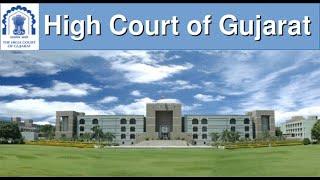

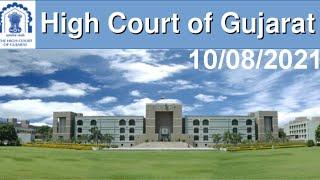
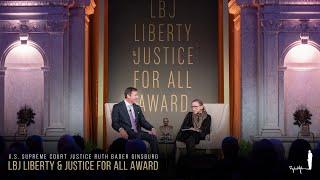


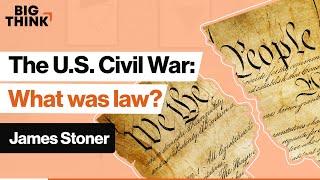
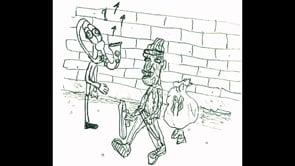
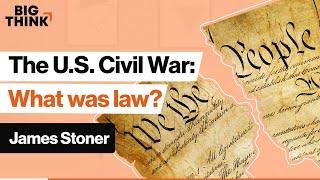

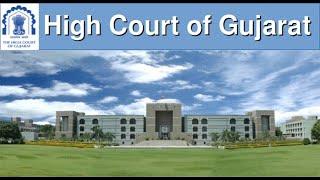

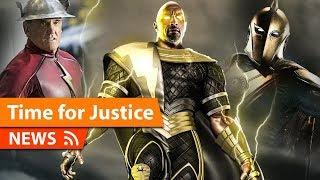





Comments